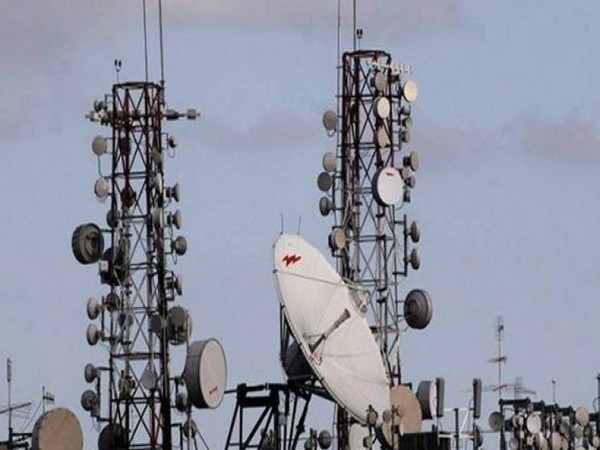
Mumbai: Despite a decade marked by disruptions, JP Morgan anticipates that the Indian telecom landscape will stabilise, with another tariff hike of 15 per cent by the fiscal year 2027 (FY27).
It says a continued tariff repair trend over the coming years, buoyed by a favourable regulatory environment and persistent affordability will help the telecom sector revive and stabilize.
The report stated, "We believe India will stay in tariff repair over the next few years supported by a benign regulatory regime after a decade of disruption given limited returns, lack of AGR relief and persistent affordability. We build in 15% tariff hikes in FY27 as well."
In its analysis, J.P. Morgan emphasizes the challenges that have long plagued the sector, including limited returns and the lack of relief on Adjusted Gross Revenue (AGR) liabilities.
However, JP Morgan asserted that the current regulatory climate offers a conducive environment for telecom companies to implement successive tariff increases without alienating consumers.
The report notes that mobile tariffs in India remain significantly lower than those in other Asian markets, with the Indian data yield sitting at just USD 0.09 per GB.
"India has the lowest data yield amongst its Asian peers nine years after Jio's disruptive entry and after three tariff hikes" said the report.
This low pricing structure, coupled with mobile fees accounting for only 0.7 per cent of GDP, indicates substantial headroom for tariff increases.
J.P. Morgan believes that as affordability improves and regulatory pressures ease, telecom operators like Bharti Airtel, Reliance Jio, and Vodafone Idea (IDEA) can progressively raise tariffs to align more closely with regional trends.
J.P. Morgan has built its forecasts on the assumption that deferred spectrum payments totaling Rs290 billion will be equitized at a minimum value of Rs10 per share, following SEBI regulations.
This potential adjustment is seen as a stabilizing factor for the stocks of these telecom giants, which have recently faced pressure due to an unfavourable AGR judgment and concerns regarding their capacity to raise debt for capital expenditures.
The report acknowledges that the stocks of these telcos have fallen below anticipated levels amid heightened market anxiety. However, J.P. Morgan argues that the negative sentiment may be overblown.
They assert that a sustained tariff recovery could significantly alleviate balance sheet stress for Indian telecom companies in the medium term, fostering a more stable investment environment.